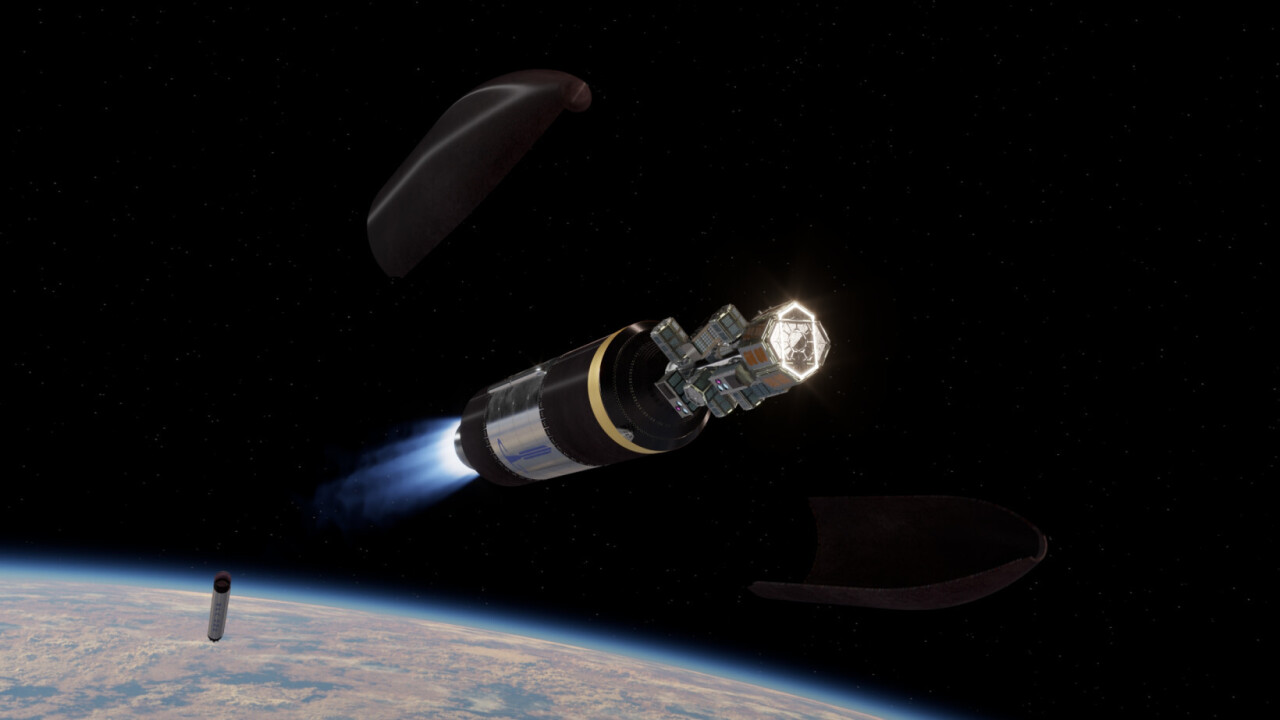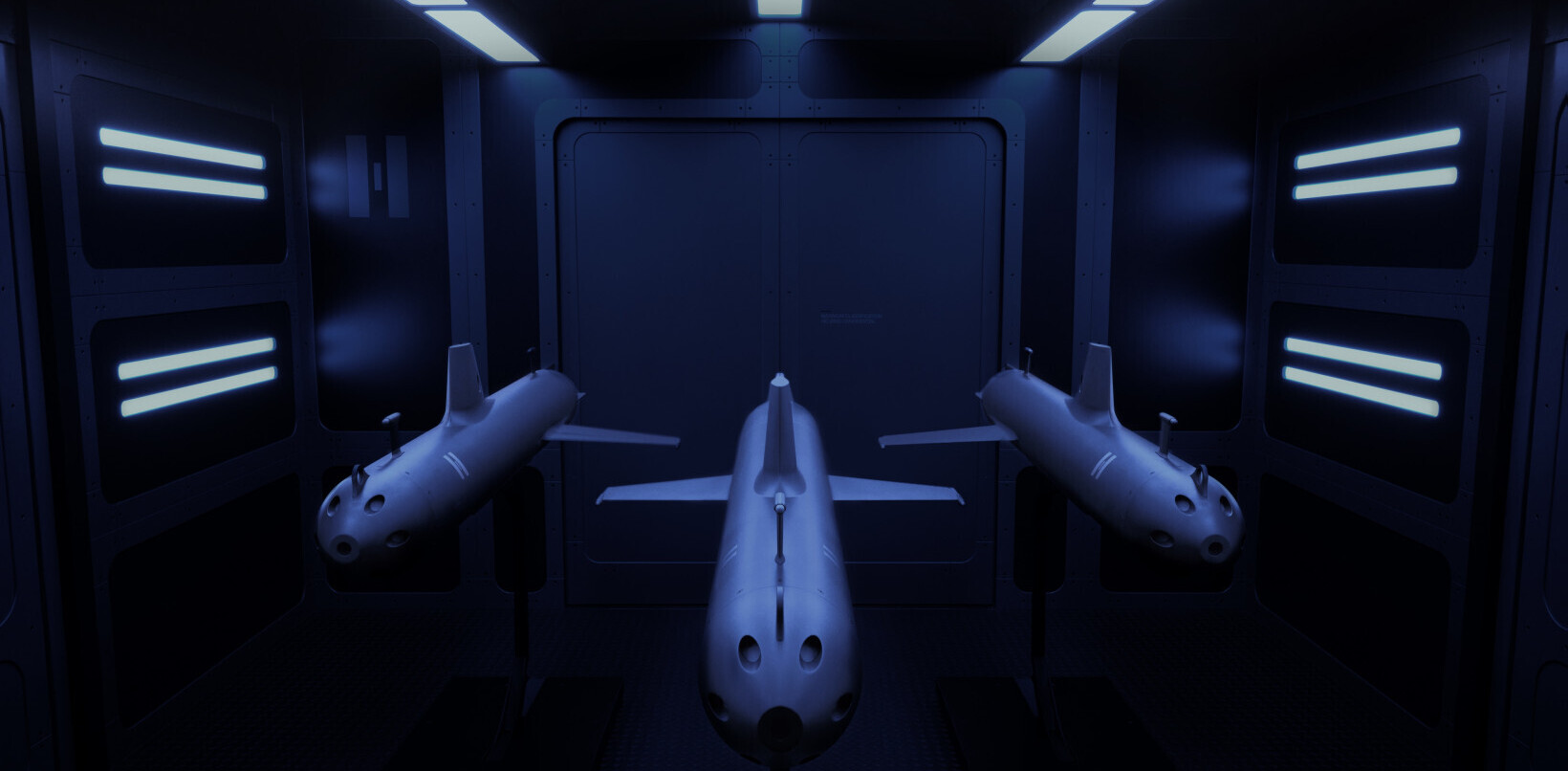
While the US and China have dominated the space sector for decades, Europe is carving out a niche for itself: small satellites in low-Earth orbit (LEO).
One of the most promising startups in this space is Germany’s Rocket Factory Augsburg, which has just raised €30m from KKR, an American investment firm.
The cash injection will facilitate RFA’s upcoming launch test at the end of this year and help complete its launch pad at SaxaVord Spaceport in Scotland.
SaxaVord Spaceport is a planned spaceport to be located on the Lamba Ness peninsula on Unst in the Shetland Islands, the most northerly point in the UK.
In January 2023, Rocket Factory Augsburg signed a multi-year launch agreement which gives the company exclusive access to the northernmost launch pad of the spaceport.
The startup has also signed an agreement with the French Space Agency to build a dedicated launch pad at the Guiana Space Center (GSC) in French Guiana, with launches commencing in 2025.

“We aim to provide cost-effective access to space and data-generating business models in space for monitoring, connecting, and protecting our planet,” said Stefan Tweraser, CEO at RFA.
Tweraser established RFA in 2018 alongside Jörn Spurmann, Stefan Brieschenk, Hans Steiniger, and Marco Fuchs, as a spin-off of German aerospace firm OHB SE.
RFA is developing a three-stage launcher called RFA One with a payload capacity of 1,300 kilograms to low Earth orbit. The rocket will stand at 30 metres and 2 metres in diameter, slightly bigger than Rocket Lab’s Electron but less than half the size of a SpaceX Falcon 9.
The company plans to undercut the competition by offering payloads of up to 1,300 kg at a base cost of $3,000 to $4,000 per kg. By 2030, it hopes to launch approximately 50 times per year to dedicated orbits for full satellite constellations.
The company has spent a little over €40mn so far in its quest to become Europe’s first small launch provider. A small-lift launch vehicle is a rocket orbital launch vehicle that is capable of lifting 2,000 kg or less.
Other companies operating in this arena include UK-based Skyrora, which also aims to launch its first rocket from SaxaVord at the end of this year, and PLD Space, a Spanish startup which aims to launch Europe’s first reusable rocket from a site in South Spain. Perhaps Europe’s most promising small launch startup, at least funding-wise, is Isar Aerospace, which has bagged over €300mn to date.
However, because Isar, Skyrora, PLD Space, RFA, or any of the dozen or so European small launch companies haven’t actually attempted an orbital launch yet, it can be difficult to tell who is making real progress and who is not.
Get the TNW newsletter
Get the most important tech news in your inbox each week.





